Search Results for: systematic
Systematics
Definition noun The branch of biology that deals with the (study of) classification systems and nomenclature of... Read More
Classification system
Classification Systems Definition In life, many things are classified, that is, to put into categories or groups based on... Read More
Hypothesis
What Is Hypothesis? A scientific hypothesis is a foundational element of the scientific method. It's a testable statement... Read More
Botanical nomenclature
Definition noun The systematic or scientific naming of plant species Supplement Botanical nomenclature is the systematic or... Read More
Unconditioned stimulus
An unconditioned stimulus inherently triggers an automatic response, not reliant on deliberate prior learning. In contrast... Read More
Technology
technology (Science: study) Industrial science; the science of systematic knowledge of the industrial arts, especially of... Read More
Apical bud
Apical Bud Definition The apical bud is the type of bud located at the top (apex) of the plant, particularly at the very... Read More
Branches of biology
What is a Branch of Biology? A branch of biology is a specialized field or a sub-discipline in a much broader field of... Read More
Hypotonic solution
Hypotonic Solution Definition What is a hypotonic solution? It refers to a solution that contains a lower amount of solute... Read More
Primary productivity
Planet Earth is home to different types of life forms ranging from microscopic bacteria to giant whales and elephants. To... Read More
Chlorophyta
Chlorophyta Definition Chlorophyta is a taxonomic group (a phylum) comprised of green algae that live in marine habitats.... Read More
Null hypothesis
Null Hypothesis Definition Null hypothesis is defined as “the commonly accepted fact (such as the sky is blue) and... Read More
Monounsaturated fat
What is monounsaturated fat? Monounsaturated fats are healthy dietary fats. They are liquid at room temperature. Unlike... Read More
Living things
Living Things Definition A living thing pertains to any organism or a life form that possesses or shows the characteristics... Read More
Systema Naturae
Definition noun A book of binomial nomenclature introduced by a Swedish botanist, zoologist and physician Carolous... Read More
Tight junction
What are tight junctions? Tight junctions are the intercellular barrier between two neighboring endothelial and epithelial... Read More
Differentiation
Differentiation in biology is the process where less specialized cells undergo changes to develop specialized structures and... Read More
Directed case study method for teaching human anatomy and physiology
DIRECTED CASE STUDY METHOD FOR TEACHING HUMAN ANATOMY AND PHYSIOLOGY William H. Cliff and Ann W. Wright Department of... Read More
SENI Biometric Analysis on the extinct Scincidae species: Macroscincus coctei (underlined)
Brian L. Schnirel Leeway Corucia Research Center (LCRC) Courtesy: Polyphemos (2004) Introduction: It has been... Read More
Data collection
Data collection systematic gathering of data for a particular purpose from various sources, including questionnaires,... Read More
Modification
modification 1. A nonhereditary change in an organism; e.g., one that is acquired from its own activity or environment. 2. A... Read More
Inbreeding
Inbreeding is a type of breeding or mating where closely related individuals with a common ancestor produce progenies with... Read More
Descriptive anatomy
Descriptive anatomy (Science: procedure) a description of, especially a treatise describing, physical structure, more... Read More
Conspecific
Biodiversity is divided into different hierarchical levels in order to study them in a systematic way. Whether it be a... Read More
Scientific method
Definition noun A systematic approach to solving a problem by discovering knowledge, investigating a phenomenon, verifying... Read More
Soil Science & Management (4th Ed) by E. Plaster
Soil Science & Management ... Read More


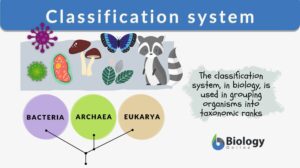


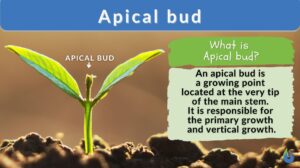
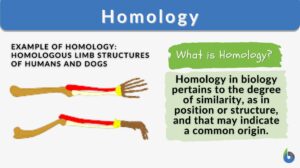

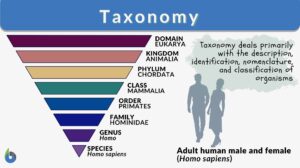

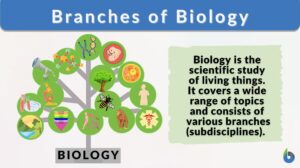


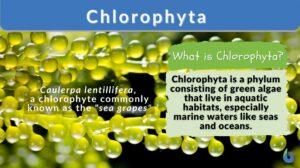








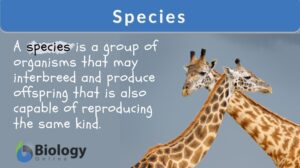
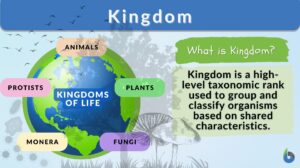
![Botany n., [ˈbɑt.ə.ni/] botany definition and example](https://www.biologyonline.com/wp-content/uploads/2019/10/botany-definition-and-example-300x168.jpg)


